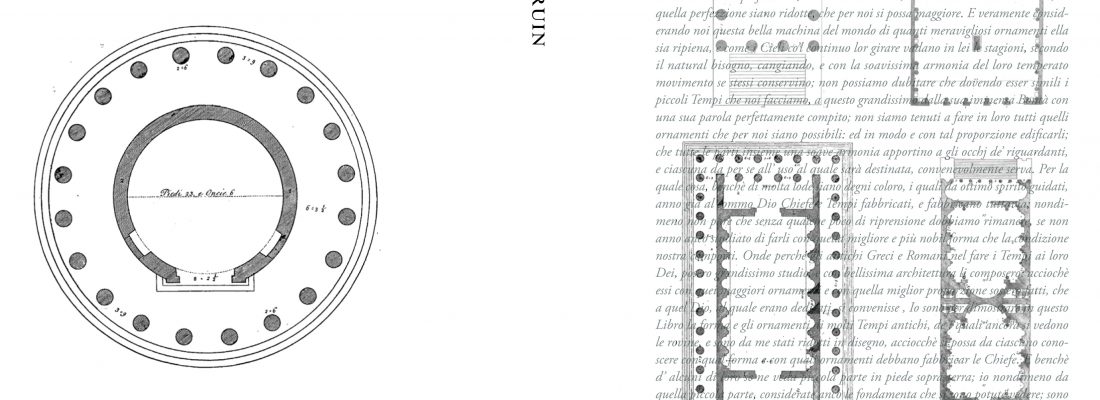
The discovery of a natural phenomenon, historical evidence, or any such fact which is otherwise obscure or unknown not only expands the breadth of our view of reality but also aids in identifying its extents. But what does the process of discovery actually entail? It is often associated with novelty, the pursuit of the new and fantastical; for, after all, it is a discovery of that which lies outside the current purview of the sciences (the word here intended in its broadest definition as a field of knowledge – best described by its German designation, Wissenschaft – rather than an exclusively ‘natural science’). Certainly, a discovery is ‘new’ by virtue of its definition, but ‘newness’ is not only associated with an epistemological break rather also carries a temporal connotation, such that the old and established ways of the past almost stand in contradiction to the guiding project of discovery, slowly revealing our path into the future.
